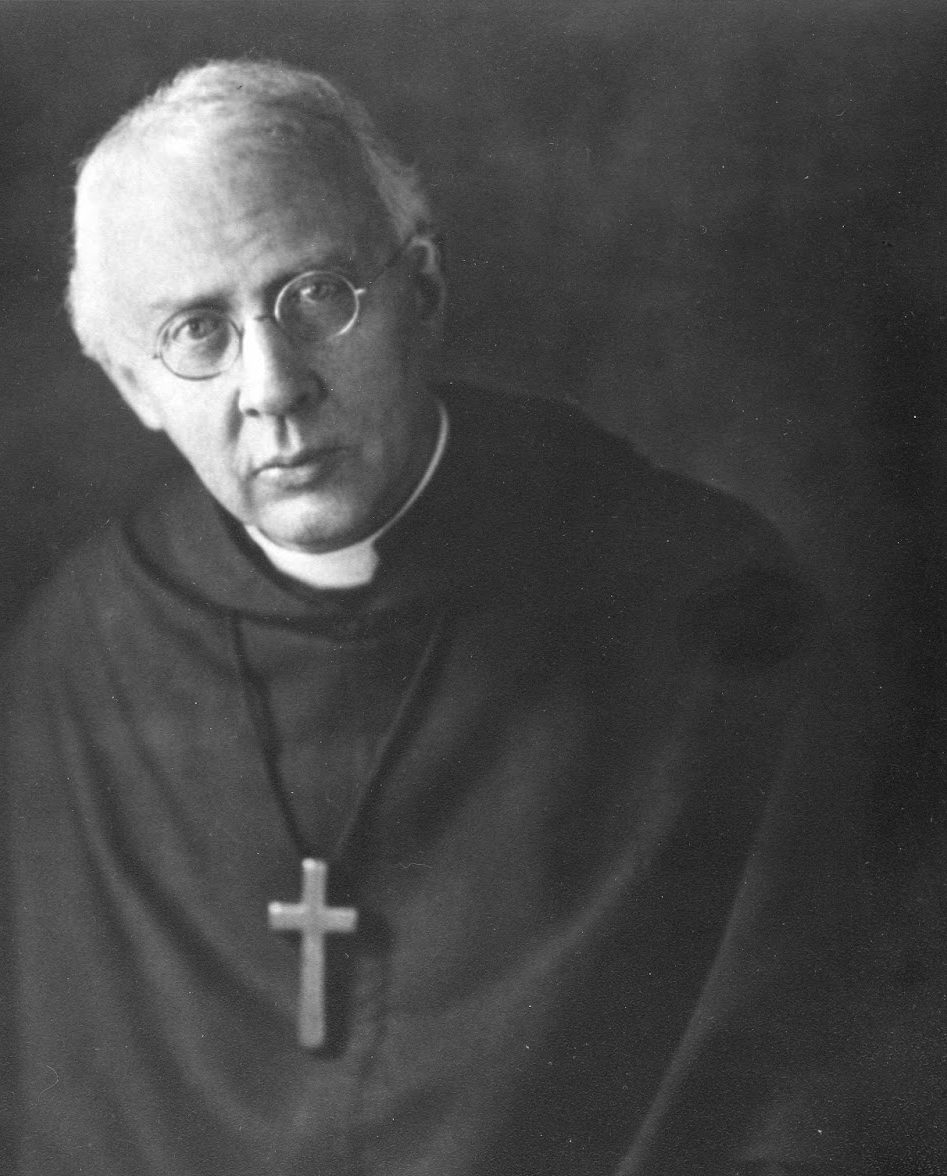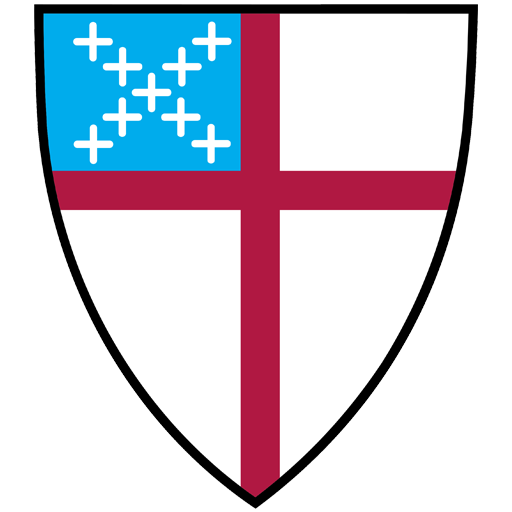November 25 (Lesser Feasts and Fasts 2000)

In the Rule for the Order of the Holy Cross, James Huntington wrote: “Holiness is the brightness of divine love, and love is never idle; it must accomplish great things.” Commitment to active ministry rooted in the spiritual life was the guiding principle for the founder of the first permanent Episcopal monastic community for men in the United States.
James Otis Sargent Huntington was born in Boston in 1854. After graduation from Harvard, he studied theology at St. Andrew’s Divinity School in Syracuse, New York, and was ordained deacon and priest by his father, the first Bishop of Central New York. In 1880 and 1881 he
ministered in a working-class congregation at Calvary Mission, Syracuse.
While attending a retreat at St. Clement’s Church, Philadelphia, Huntington received a call to the religious life. He considered joining the Society of St. John the Evangelist, which had by that time established a province in the United States, but he resolved to found an indigenous American community.
Huntington and two other priests began their common life at Holy Cross Mission on New York’s Lower East Side, ministering with the Sisters of St. John Baptist among poor immigrants. The taxing daily regimen of Eucharist, prayer, and long hours of pastoral work soon forced one priest to leave for reasons of health. The other dropped out for lack of a vocation. Huntington went on alone; and on November 25, 1884, his life vow was received by Bishop Porter of New York. As Huntington continued his work among the immigrants, with emphasis on helping young people, he became increasingly committed to the social witness of the Church. His early involvements in the single-tax movement and the labor union movement were instrumental in the eventual commitment of the Episcopal Church to social ministries.
The Order attracted vocations, and as it grew in the ensuing years the community moved, first to Maryland, and in 1902, to West Park, New York, where it established the monastery which is its mother house. Huntington served as Superior on several occasions, continuing his energetic round of preaching, teaching and spiritual counsel until his death on June 28, 1935.
